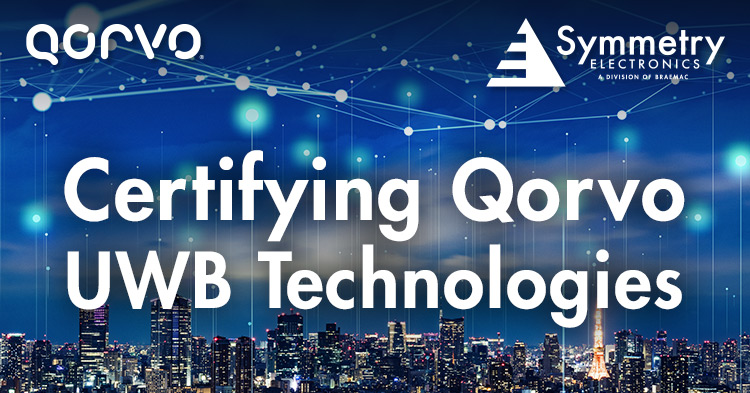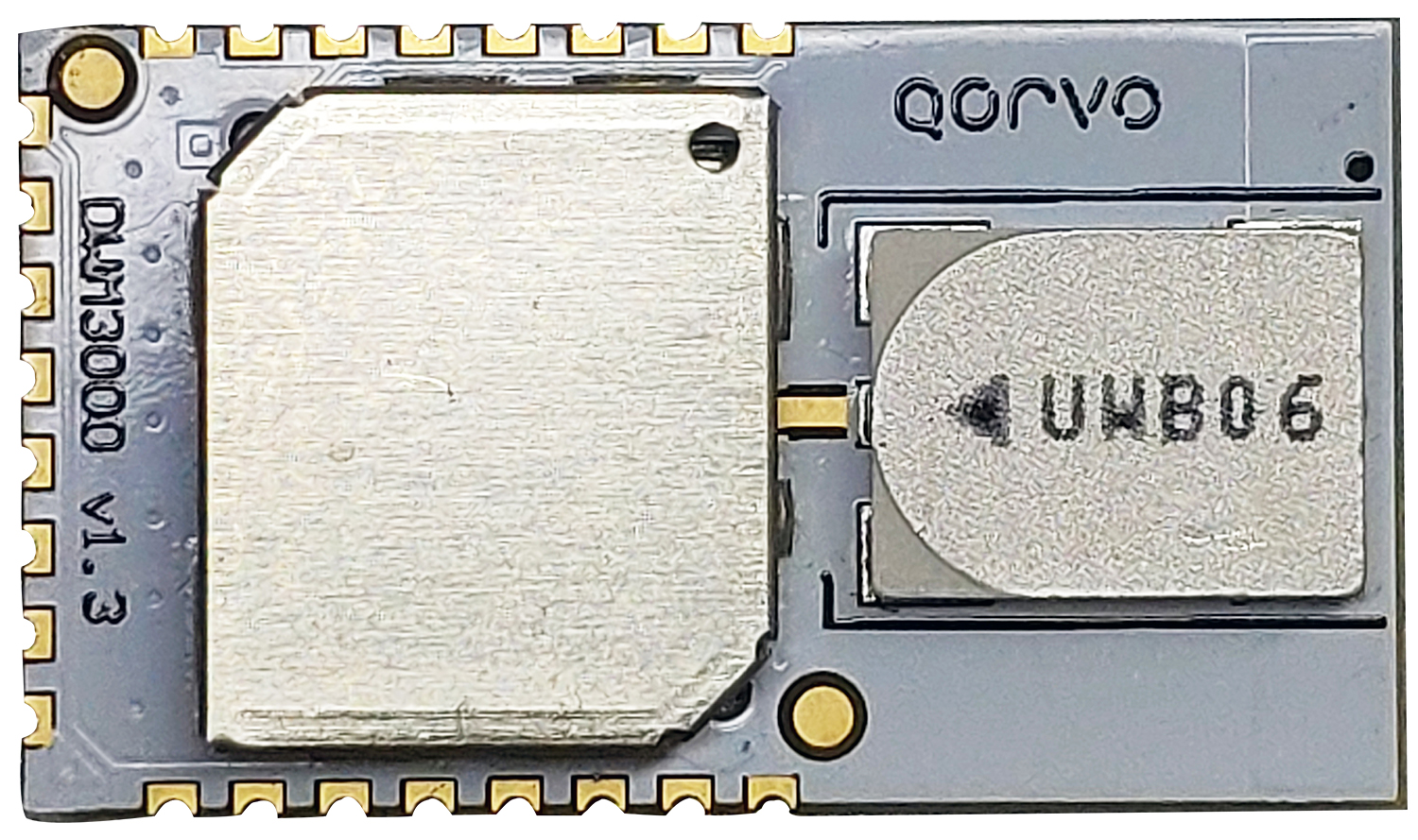- Home
- Symmetry Blog
- Certifying Qorvo UWB Technologies | Symmetry Blog
Certifying Qorvo UWB Technologies | Symmetry Blog
About Tyler Wojciechowicz

Q1: Are there any special considerations for UWB devices applying for modular approval?
A1: Modular approval will only be considered for UWB applications that adhere to the Section 15.519 requirements (see Electronic Code of Federal Regulations (e-CFR)), regardless of whether the device is intended for indoor or outdoor operation. Additionally, there are a number of other requirements that must be met per Q2, below.
Q2: What technical characteristics must be measured to demonstrate UWB device compliance with the requirements specified in Part 15, subpart F?
A2: The general technical parameters to be measured and provided in an application for certification are listed in Sections 15.31, 15.33, 15.35(b), 15.204, 15.207, and 15.521 (Sections 15.509 through 15.519 apply for different types of UWB devices)(e-CFR). The specific UWB technical characteristics that must be measured include the emission bandwidth, average peak power spectral density associated with the fundamental emission, and average power spectral density associated with unwanted emissions (out-of-band and spurious domain). These technical characteristics can be measured at a qualified test lab.
Q3: What compliance information should be included with an application for certification?
A3: Compliance test service providers can provide you with a current and comprehensive list that outlines the items needed to evaluate and test the product. Generally, this would include schematics, theory of operation, user manual excerpts, etc. The results can remain confidential and inaccessible to the public for as long as 180 days following a Grant of Equipment Authorization provided by the FCC. For product certification in Europe, the ETSI provides for self-certification and other jurisdictions.
Q4: Is Qorvo’s DWM1000 pre-certified (e.g. FCC, CE, ETSI)?
A4: Since the DWM1000 module does not come equipped with a microprocessor, its mode of operation is not pre-defined, and therefore cannot be certified as delivered by Qorvo. The mode of operation is decided only when a customer connects a microcontroller (MCU) and configures/commands the module as part of their end application. However, Qorvo’s DWM1001C is an available, certified module alternative.
Q5: With the FCC recently opening bands for Wi-Fi 6E, is there any concern about UWB/Wi-Fi coexistence?
A5: Coexistence strategies will need to be considered for UWB Channel 5 (which is centered at 6.5GHz). In low-duty-cycle Wi-Fi scenarios, there may be little impact on the UWB packet Error Rate. In dense/busy Wi-Fi scenarios, it may be necessary to utilize a different UWB channel. The newest UWB devices from Qorvo (DW3000 family) can operate on Ch 9 at 8GHz, which is well above the UNII 8 Wi-Fi 6E band, to avoid any coexistence issues. It may also be possible to utilize additional Qorvo filter solutions that can help Wi-Fi and UWB coexist when operating at nearby frequencies.
For more information, refer to the FCC’s Ultra-Wideband (UWB) Devices Frequently Asked Questions.

